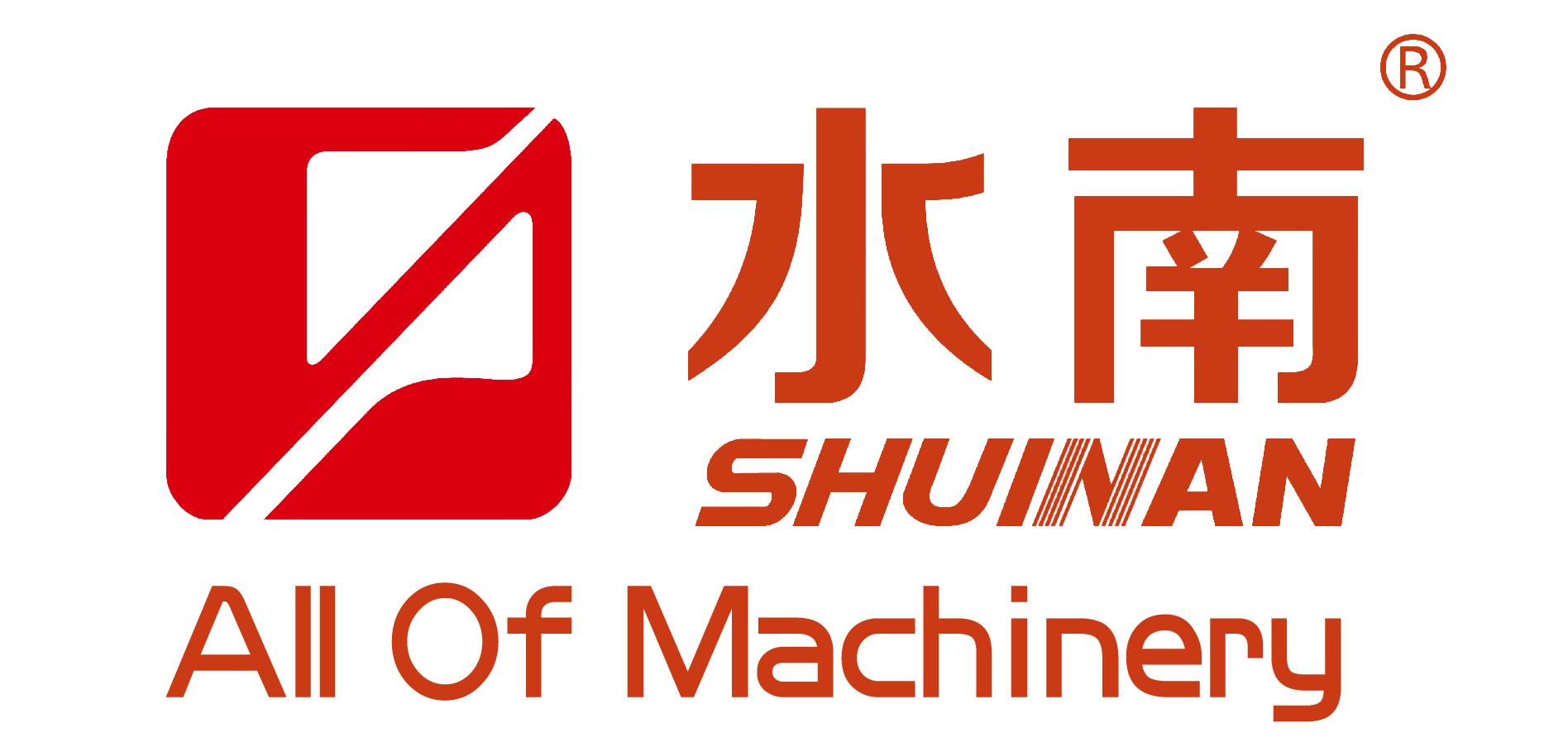-1060x400w.JPG)
1. Environmental Sustainability and Energy Efficiency: A Necessary Shift
As environmental regulations become stricter, the stone machinery industry is forced to increase investments in eco-friendly technologies. Many stone processing plants have already begun adopting more energy-efficient equipment to reduce waste emissions, such as air pollution, water waste, and noise pollution.
For example, modern stone machinery is focusing on energy efficiency by utilizing more efficient electric motor systems and low-energy cooling technologies. Additionally, recycling and reusing waste materials are becoming important trends, helping to reduce resource waste and meet green production standards.
2. Precision Processing and Automated Control: Enhancing Production Accuracy and Efficiency
The demand for precision in stone processing has been steadily increasing, especially in high-end construction, artistic sculptures, and home decor. In recent years, more stone machinery has been equipped with advanced CNC systems and high-precision sensors to ensure high accuracy and consistency during the processing stages.
For instance, automated control systems are being employed to monitor equipment status in real-time, optimizing production parameters to ensure stable processing quality. Moreover, high-precision cutting and polishing technologies are enabling stone products to meet not only aesthetic standards but also durability expectations.
3. The Rise of Smart Technologies: Elevating Production Intelligence
While full automation and robotics are not yet widespread, smart technologies have gradually made their way into the stone machinery sector. Modern stone machinery is equipped with IoT (Internet of Things) technology, enabling interconnected devices to work together seamlessly. Through real-time data collection and analysis, issues in the production process can be quickly identified and addressed.
For example, smart sensors can detect changes in the hardness of stone during cutting and automatically adjust cutting depth and speed, reducing material waste and enhancing production efficiency. The implementation of these intelligent devices has greatly improved operational experience and equipment management.
4. Growing Demand for Customization and Personalization
With consumers increasingly seeking personalized and customized products, the stone machinery industry is adapting to these market changes. More stone machinery manufacturers are developing equipment that meets the demands for small batch production and personalized processing. These machines not only increase production flexibility but also meet the need for customized stone products.
For example, in engraving and polishing processes, many stone processing plants are now offering tailored services to create unique patterns and designs based on customer preferences. This trend has significantly expanded the application scenarios for stone products in architecture and interior design.
5. The Rise of Emerging Markets: Globalization and Opportunities
In recent years, the global stone machinery market has been shifting towards emerging markets in Asia, Africa, and other regions. As the construction and infrastructure industries in these areas grow rapidly, the demand for stone machinery has increased dramatically. China, India, and the Middle East have become important regions for stone machinery manufacturers.
Stone machinery manufacturers must pay attention to the changing demands in these emerging markets and adjust their product designs and technologies accordingly. For example, in developing countries, the key factors influencing purchasing decisions are cost-effectiveness and the durability of equipment.

Leave a Comment